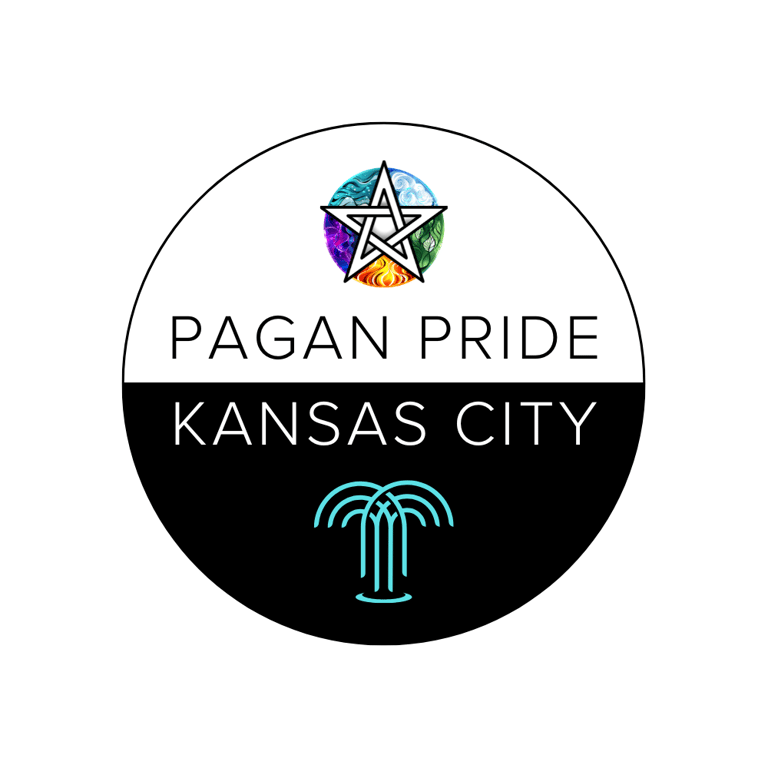

FAQ
Q: What attracts people to Paganism?
People are drawn to Paganism for a lot of different reasons. Many women (and men) find seeing the Divine in the form of a Goddess fills an empty space in their spiritual search. Others feel a spiritual need to reclaim the religious traditions and practices of their ancestors. Others seek to reconnect to the Divine by resacralizing the natural world, and enjoy the nature-centered spiritual practices. Others are drawn to the mystical and find spiritual connection through metaphysical practices. In short, people seeking to find a deeper and more satisfying connection to the Divine using approaches or “paths” not found in more mainstream religions are often drawn to the more accepting, supportive, and nurturing environment they find in Paganism.
Q: Do you believe in God?
Pagans understand that it is important for each individual to seek and find a connection to the Divine in a manner that best works for them. Within Paganism you might find monotheists, polytheists, ditheists, pantheists, panentheists, honotheists, deists and humanists. Most seek to resacralize the world by finding the sacred within the mundane. For example, the whisper of wind through the trees or the roar of the ocean can both be considered divine. Most Pagans also feel that the divine lives within each of us and it is rare to find a Pagan who sees the gods as judgmental or punishing. Instead, most view the Divine as beings that are meant to be walked beside, hand in hand, and honored.
Q: Are you trying to convert everyone to Paganism?
Although most of us don’t mind sharing our beliefs and ideas with you, or answering questions if you have them, we also believe everyone needs to choose their spiritual path for themselves. We’re not going to knock on your door and preach about the “word of the Goddess” at you. We feel that the attempted conversion of others is a form of religious bigotry; for example, if one tries to convert another to his/her religion, they assume that the other person’s beliefs are not as valid as his/her own. We feel that all paths are equally valid as long as they do not infringe upon the basic civil rights or free will of another. According to our beliefs, it is up to the individual to choose his or her own path. We do not try to manipulate others into our way of thinking, we only try to educate others about our religion so that they may better understand us. We do, however try to help guide those who have already expressed an interest in the Pagan belief systems or religions.


Q: Are Pagans “against” other religions?
Pagans believe in free will and free choice and that an educated choice is always better than blind obedience to any religion or dogma. We are not “against” other religions. Pagans are usually very well versed in the beliefs of other religions, and often adopt many of them into their own practices. Pagans have simply made a choice to be Pagan and they expect others to respect that choice by allowing them to practice their religion without prejudice or interference.
Q: Do Pagans believe in heaven?
Many modern Pagans view death as a beginning of the next phase of our existence. They may believe in an after-life spent in another plain of existence known as the Summerland, Avalon, Hades, Tir na nOg, Valhalla or simply the “Other Side.” They may believe in some form of reincarnation and that the results or actions of past deeds can follow a person from one life to the next. Perhaps it is because we view the cycle of birth and life and death and rebirth as something magical and spiritual, a never ending, ever turning wheel. Rather than being disconnected from death and dying, we tend to acknowledge it as part of a sacred evolution.
Q: Are you worried about going to hell?
Most Pagans don’t believe in the Christian concept of Hell. Instead, we take responsibility for our actions, and accept that the universe gives back what we put into it.
Q: Are you evil?
Most Pagan traditions, as do most religious traditions, follow an ethical code, but there are good and bad people in every society and in every religion. In general, Paganism places emphasis on personal responsibility. We believe that each and every human being is completely responsible for his or her own actions. To us, evil is a choice, albeit a bad one, that a human might make, not an embodied entity to blame our actions upon.
Q: Why do Pagans wear the Pentacle?
The pentacle, or the five pointed star with a circle around it, is a symbol that pre-dates Christianity and has been used since ancient times in many areas including Egypt, India, Persia and Greece. Pythagoreans considered the five-pointed star to be a symbol of life and of the divine human therefore it became the secret sign of the Pythagorean followers. To modern Pagans, the pentacle is used as a symbol of their faith as a cross is to Christians or a Star of David is to the Jews. It is often associated to the elements Air, Earth, Fire and Water with the top point corresponding to “Spirit”. Pagans do NOT use it as a sign of evil. Many Pagan practitioners do not wear the pentacle at all, but have other symbols of special meaning to them.


Q: Do you worship Satan?
Satan is a part of the Christian and Muslim religions. Since Pagans are neither Christian nor Muslim, Satan is not part of our deity structure at all. It’s also important to keep in mind that most people who self-identify as Satanists do not, in fact, worship Satan as a deity, but instead embrace a concept of individualism and ego. Many Satanists are in fact atheists, particularly among those who follow LaVeyan Satanism.
Q: Do you worship Nature?
No. This confusion may derive from the terms nature-worship versus nature-centered. Many Pagans in today’s society hold nature in some degree of reverence, and most find inspiration from it and consider it sacred. For someone who believes the Divine is present in nature, it often follows that the Divine should be honored and respected. Everything from animals and plants to trees and rocks are elements of the sacred. As a result of this, you will often meet many practicing Pagans who are passionate about the environment.
Q: Is Paganism a cult?
Most people define a cult as a group of people who blindly follow one leader. As Pagans tend to be free-thinkers, and there is no one person that we consider to be THE leader, it would be difficult to label the religion a cult. Cults do exist outside Paganism though and you should be mindful of them. An excellent evaluation framework that can be used to identify a cult was created by the Pagan author and leader, Isaac Bonewitz. The Advanced Bonewits’ Cult Danger Evaluation Framework (ABCDEF).
Q: Do Pagans perform magick and cast spells?
Yes. Well, some do anyway. However, the term “spell” is widely misunderstood. Spells, are somewhat like prayers and are used to create needed change in one’s own life or the life of a loved one. But while prayers are a petition to an external Deity to create the change, most Pagans believe that Deity is present in everything, including ourselves. Spells, then, are the channeling of our own divine selves, our own energies, to create the change.
Q: What is the Pagan view on sex and homosexuality?
Pagans consider sex as the generative force in nature and is seen by most Pagans as something utterly sacred. We feel that the physical act of love is to be approached with great respect and responsibility. As such, Pagans generally lack taboos regarding sex. We have no rules which prohibit homosexuality, nudity or pre-marital sex. Paganism does include a lot of fertility symbolism but so do most non-Abrahamic religions. Paganism also tends to be very tolerant of non-traditional lifestyles, so it is not uncommon to meet Pagans who may be part of same-sex relationships or polyamorous families. We do not really care who you’re sleeping with, or how you’re doing it, or how many of you participate with, as long as everyone involved is a consenting adult. Some covens do practice naked or skyclad which is not seen as sexual but as a means to feel unhindered during ritual. No reputable Wiccan or Pagan group requires coerced sexual activity as part of initiation. No Pagan condones non-consensual sex, sex with minors, or any sexual act that involves coercion. In the case of ritual sex, such as the Great Rite, ceremonies are typically performed by adults who are already in a relationship, and usually done in private.


